In line with the University Energy Conservation Policy Reviewed 2022 and the ongoing Energy and Utility Campus Master Planning efforts, In 2022 the Directorate of Project and Physical Planning in conjunction with the Department of Works and Services continues to upgrade all existing buildings to ensure they are climate-smart, energy efficient and achieve the highest LEED (Leadership in Energy and Environmental Design) ratings.
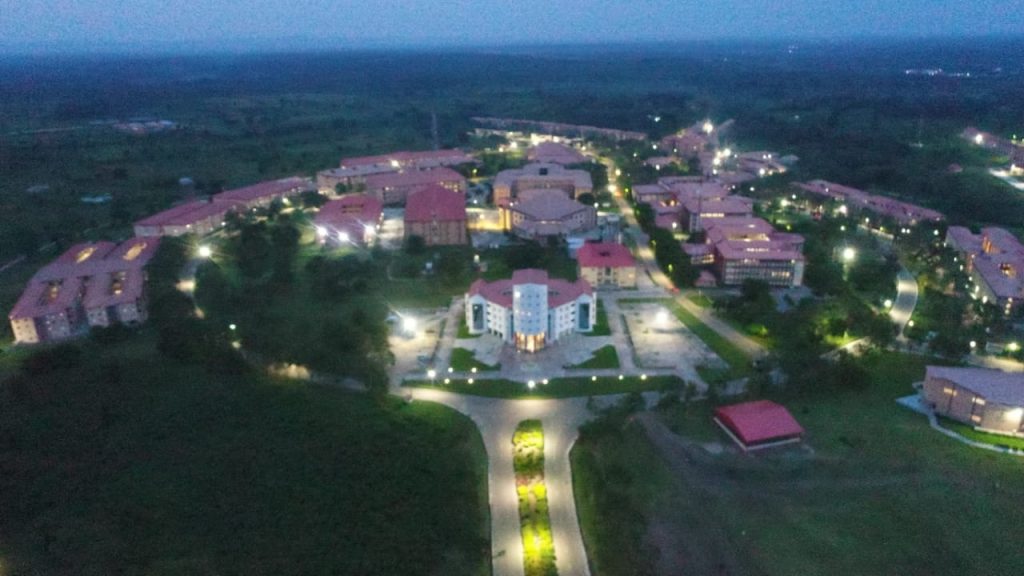
In 2022, the University has continued to intensify its effort in using only LED lighting system in all its new builds in all the campuses. The existing lighting systems have continued to be replaced by LED lightings in a phased manner. In the year 2022, 100% of incandescent bulbs remaining in the adjoined residential buildings have been replaced with LED bulbs. Street and security lights have continued to be replaced with solar-powered systems, while lamps have been replaced with 25W LED and 9W LED lamps in the remaining toilets, hostels and restaurants that could not be achieved in 2021. The use of natural air-cooling systems and natural lighting are also integrated into new designs to reduce overall energy consumption.
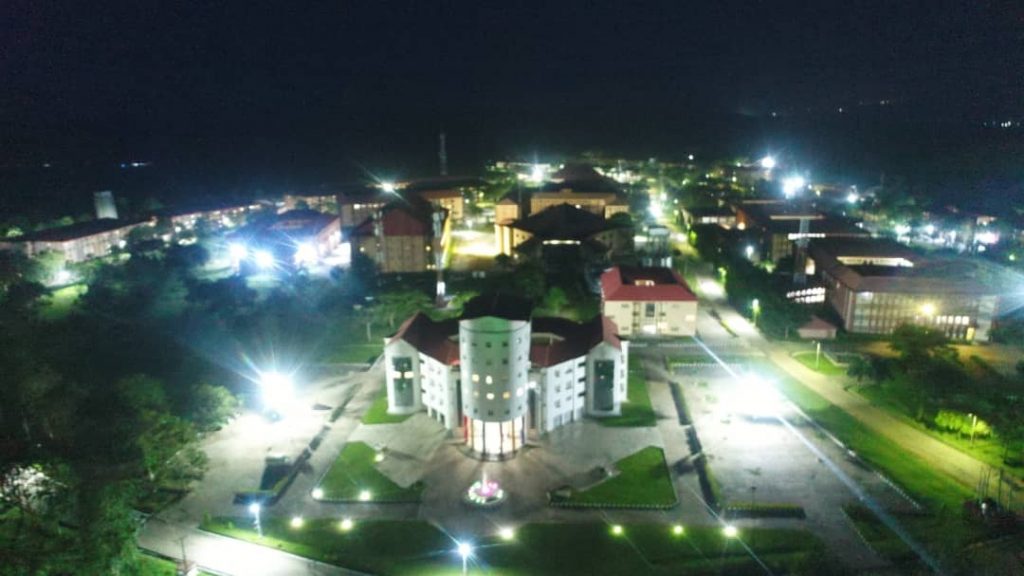
In 2022, Afe Babalola University, in its avowed plan and strategy has continued to reduce its utility bills to the minimum since the average cost incurred on electricity bills alone is about thirty-five million Naira monthly. The continuous improvement of energy efficiency of each and every building is therefore important. and critical. In 2022, the Directorate of Projects and Works & Services Department of the University appraised and reviewed the structure and policy put in place 2021 to ensure full implementation and complaint by the stakeholders. These include:
- Meter all new and existing buildings (be it offices, students’ halls of residence, staff housing, auditoriums, commercial centers, and so on) to measure and monitor energy consumption.
- Phase out high energy consumption lighting fittings in all existing buildings and use only LED light fittings in new buildings. This has been proven to reduce each building’s energy usage by at least 70%.
- Gradually convert the university’s conventional streetlights and other occasionally used rooms like conference/seminar rooms to smart automatic control systems. This will go a long way to controlling the street lights intelligently and automatically to reduce energy consumption.
- Choose a proper ventilation design to ensure good air quality and reduce heat and hence the energy needed for cooling.
It is apt to note that expenses incurred monthly on energy has been reduced by 85% at the last quarter of year 2022 as against 70% in the third quarter of year 2021 due to continuous improvement on energy consumption and efficiency strategy, policy and plan adopted by ABUAD and reviewed in 2022.
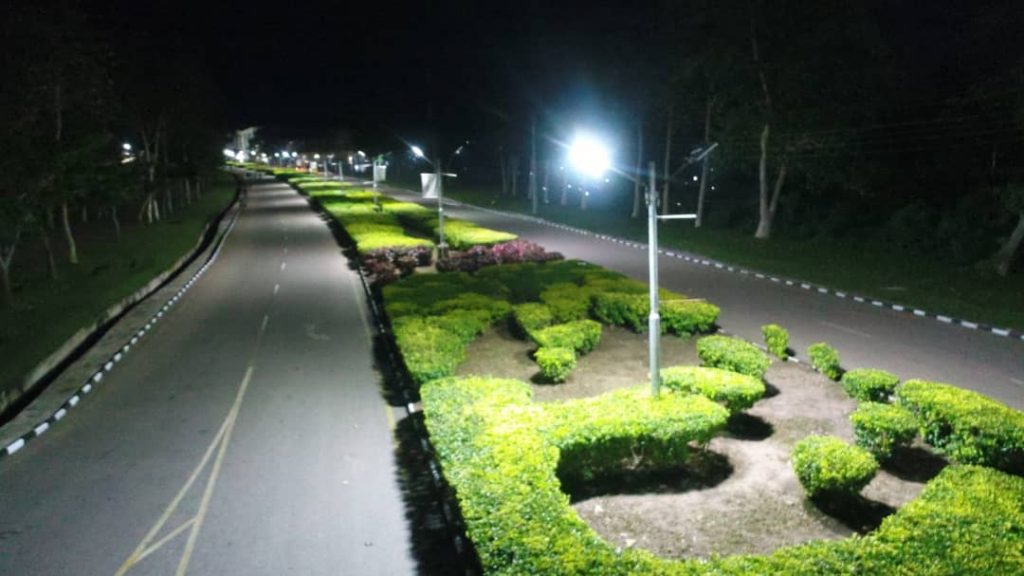
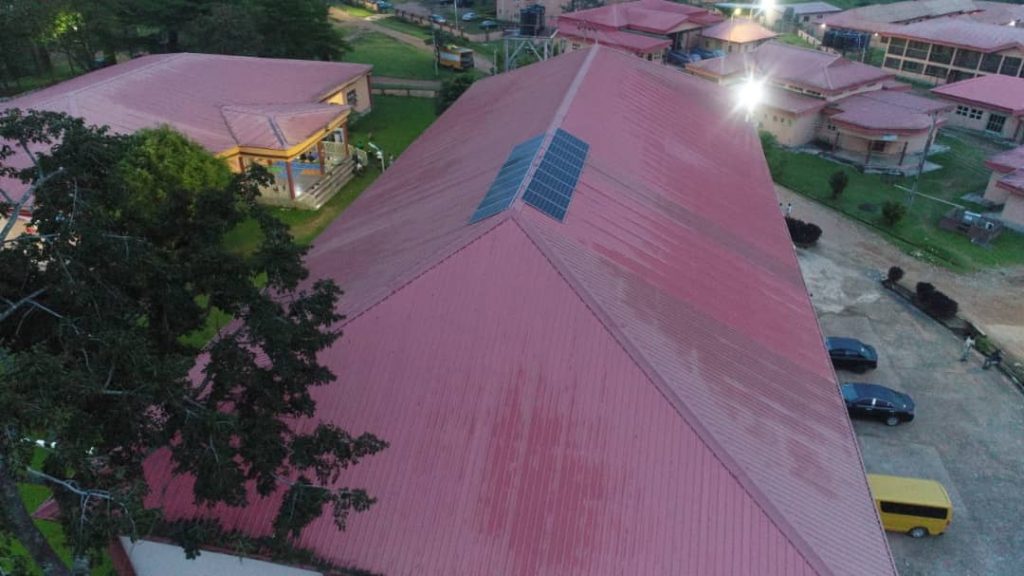
Related Posts:
https://www.igi-global.com/chapter/energy-audit-and-reliability-analysis-of-afe-babalola-university-power-distribution-system/256676

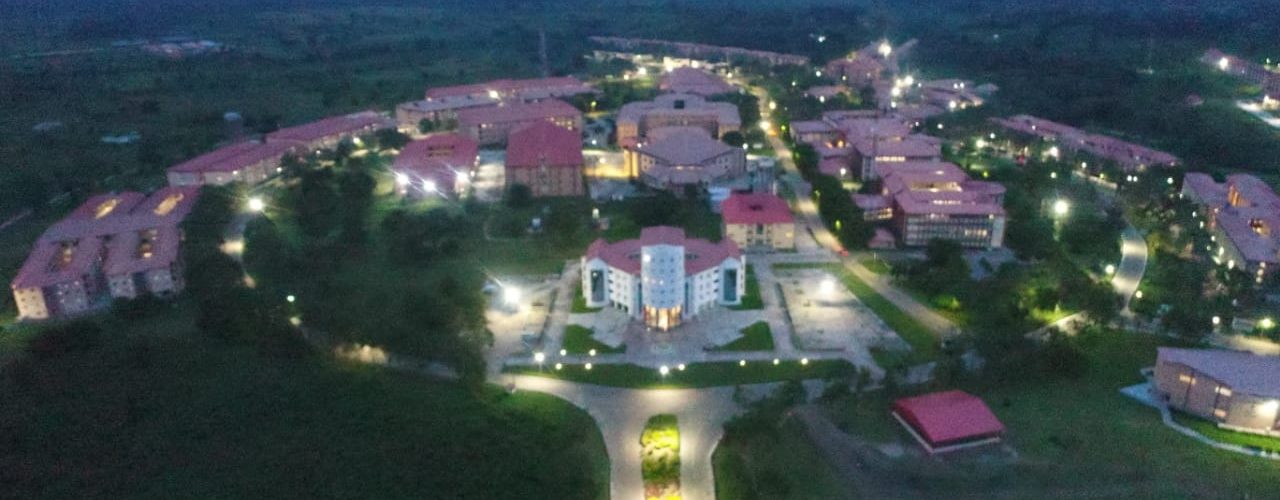

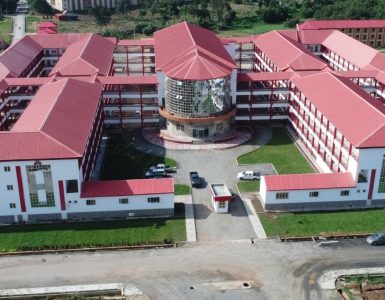
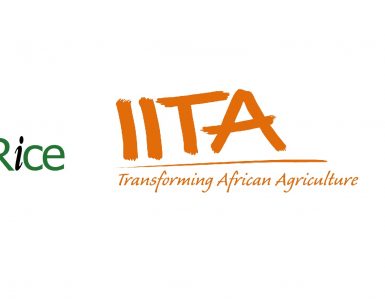












Add comment